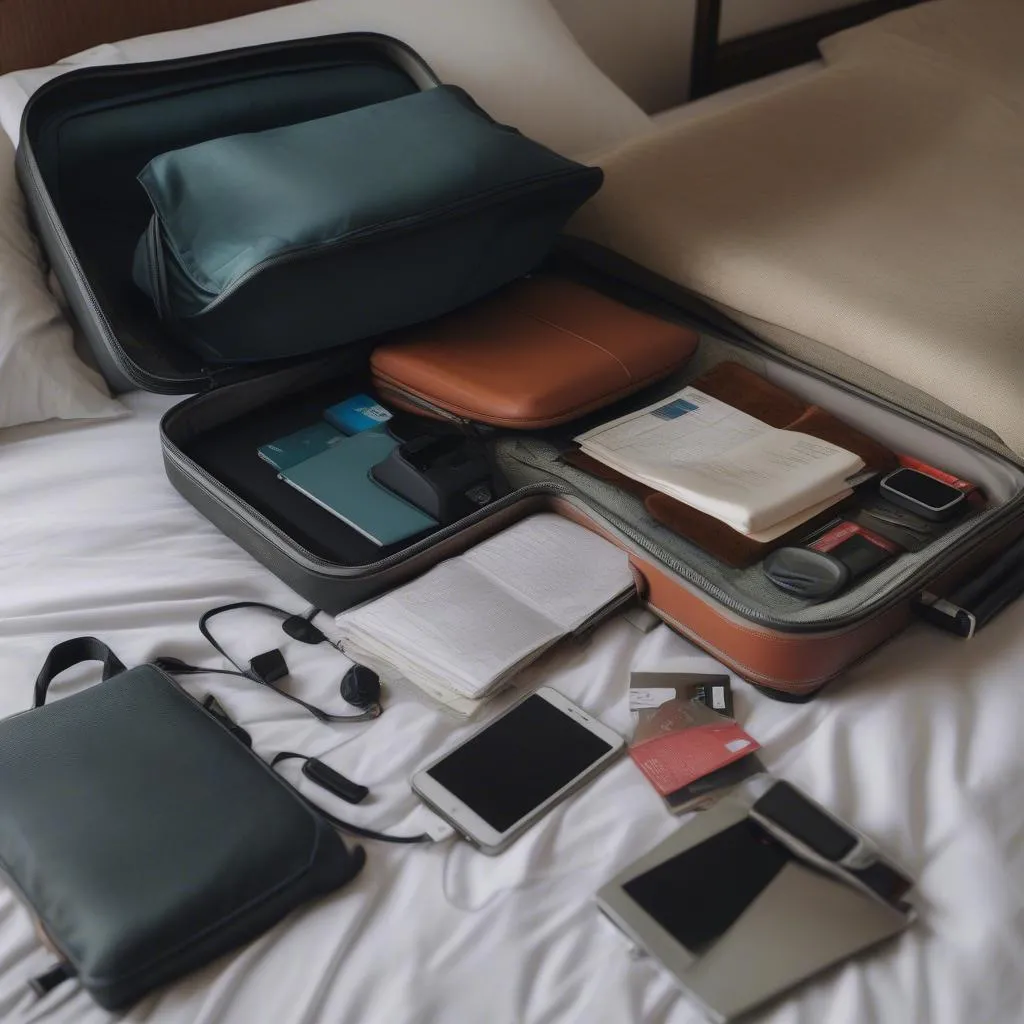Remember that epic business trip to San Francisco last year? You spent a week exploring the city, networking with potential clients, and indulging in the vibrant culinary scene. But did you know that those sourdough bread bowls and cable car rides might actually help you save on taxes?
Navigating the world of business travel deductions can feel like navigating the winding streets of Lisbon – exciting, but potentially confusing. That’s why we’re here to guide you through it!
Understanding Business Travel Expenses: What’s Deductible and What’s Not
Before we dive into the specifics, it’s important to understand what the IRS considers “ordinary and necessary” business travel expenses. These are costs directly related to your business activities and are typical for your industry.
Deductible Expenses Often Include:
- Transportation: This encompasses flights, train tickets, rental cars, and even those rideshares you took to meetings.
- Accommodation: Hotel bills for business nights spent away from home are generally deductible.
- Meals: You can typically deduct 50% of your meal expenses while traveling for work, as long as they’re not lavish or extravagant.
- Incidental Expenses: Think dry cleaning, baggage fees, and business calls made from your hotel room.
However, be aware that some expenses are generally non-deductible:
- Commuting Costs: Your daily commute to your regular workplace is not considered business travel.
- Personal Vacations: While it’s great to extend your trip for leisure, those extra days of sightseeing and relaxation are not deductible.
- Entertainment: Taking clients to a baseball game might be a great way to build relationships, but those tickets are generally not deductible.
 Business Travel Essentials
Business Travel Essentials
Key Considerations for Deducting Travel Expenses
1. Maintain Meticulous Records: This is crucial! Keep all receipts, invoices, and documentation related to your travel expenses. A detailed travel log can also be incredibly helpful, especially if you’re ever audited.
2. Travel Must Be “Away from Home”: The IRS defines “away from home” as being on a trip that requires you to sleep or rest. This means a quick day trip to a neighboring city for a meeting likely wouldn’t qualify, but an overnight stay would.
3. Primary Purpose Must Be Business: The primary reason for your trip must be business-related. If your trip is primarily personal, you cannot deduct the expenses even if you conduct some business while you’re there.
Planning Your Next Business Trip?
Are you already dreaming of your next business adventure, perhaps a conference in vibrant Bangkok or a series of client meetings amidst the historical charm of Rome?
Remember, thorough planning is key, not just for a successful business trip but also for maximizing your potential deductions. Consider using a travel planning app or consulting with a tax professional to ensure you’re capturing all eligible expenses.
 Planning a Business Trip
Planning a Business Trip
FAQs About Deducting Travel Expenses
Q: Can I deduct expenses for my spouse or partner if they accompany me on a business trip?
A: Generally, no. However, if your spouse or partner is an employee of your business and their presence serves a bona fide business purpose, you may be able to deduct their travel expenses.
Q: I’m self-employed. Do the same rules apply to me?
A: Yes, the same general principles apply. However, there are specific rules and forms for self-employed individuals and independent contractors.
Q: Where can I find more information?
A: The IRS website offers a wealth of information on business travel deductions. You can also consult with a qualified tax professional for personalized guidance.
Travel Smart, Deduct Smart
By understanding the rules and planning strategically, you can make the most of your business travel deductions. Remember, those small savings can add up significantly over time.
For more travel tips, insightful articles, and resources to enhance your journeys, explore the wealth of information available on travelcar.edu.vn.
Disclaimer: The information provided in this article is intended for general knowledge and informational purposes only, and does not constitute professional tax advice. It is essential to consult with a qualified tax professional for personalized guidance regarding your specific circumstances.